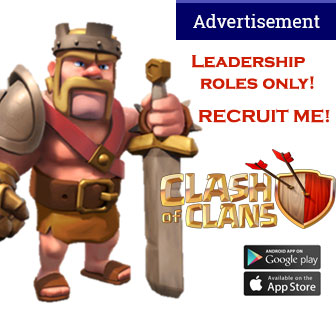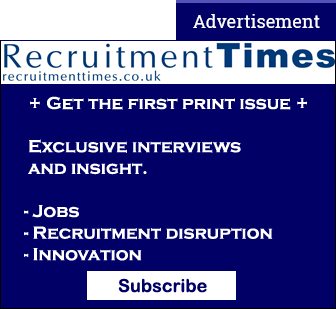Recruitment Disruption - Exclusive Insight from Jacob Morgan
Read all the exclusive industry insight in the print issue (Quarter 1, 2016): click here >
1. What changes would you love to see in the recruitment agency / supplier - employer model?
We are shifting towards much more of a marketplace model so I'd love to see agencies really invest in technology to make it easier for organizations to know how many freelancers they have, what they are working on and with who, how much they are getting paid, etc. Organizations should be able to dynamically adjust and modify their ad-hoc teams with a few clicks and mouse drag and drops. Right now this is just not possible at a level that scales. Agencies also need to be well versed in big data, people analytics, and even wearable devices and what these things mean to the changing workplace.
I also see tremendous opportunity for agencies to be more like thought leaders and business partners instead of simply suppliers of people. Organizations internally are rethinking pay and performance models, talent management, the role of HR, workplace design, and much more. Is there a place for agencies here to come in and help? I think so especially since agencies building up their own personal brand has never been more crucial!
1b. What perception do you have of the Recruitment Agency sector?
Well, I'll be honest. A few years ago I thought of this sector as one that is shrinking and disappearing. One that is outdated and just stale. Then I started doing research and saw that this space is actually growing and is posed for continued growth, I was quite surprised! So my tune has shifted from one of doom and gloom to one of tremendous opportunity. It's clear that organizations around the world are going to increase their spending and resource allocation on freelancers and contingent workers. But this also means that agencies need to make this transition as easy as possible by creating marketplace, leveraging technology, and updating their own ways of working. The best time to innovate is when things are going well!
2. How do you feel technology continues to change the recruitment game? Where do you see Artificial Intelligence and Social recruitment / job matching algorithms going in the next 5 years?
This is a very exciting space to watch. We are already seeing companies leveraging technologies where potential candidates "play games" on a smartphone or tablet device that then analyses the soft skills of the candidate. Just by playing a game similar to Angry Birds these software solutions can tell if you are risk averse, empathetic, cool-headed, or a team player. That's not something a human can easily discern. So in the future I think we are going to rely on AI and artificial intelligence to give us information about candidates that candidates themselves didn't even know about! However, I should also caution that agencies should't focus on data-drive decisions but instead on data-informed decisions.
In other words, don't automatically decide on something or make a decision on something just because a piece of software tells you to. AI will become the recruiters best friend! As far as job matching algorithms and social recruitment goes, this place is absolutely exploding. HR professionals and recruiters are consistently turning to social channels to find an recruit candidates. It's also important to remember the recent Lynda.com acquisition of Linkedin and how that will play out.
Imagine Linkedin knowing the types of jobs you want to apply for, the skills required for those jobs, and then suggested courses you need to take to be a better candidate for that job? Software will do all the heavy lifting for us by suggesting companies, recommending courses for us to take, and essentially "knowing" what we need to do to become better candidates. Wearable devices that analyze how we work, talk, collaborate, and engage with others will also be able to create more effective managers in the workplace. If employees are wearing wearable devices such as smart badges that record audio, posture, stress levels, activity, etc. then they can compare the habits of effective managers/employees with those that aren't as effective and make suggestions for improvement.
3. Do you see recruitment agencies fighting back (like traditional retailers against the online competition like Amazon) or do you see the human service slowly becoming deprecated?
I guess it depends on who they are fighting back against. Where recruitment agencies are able to differentiate from the current marketplaces is in scale, reliability and vetting, and the entire management process. But if online market places offered a way to easy manage thousands of freelancers while vetting good quality candidates and providing the management services required, then yes, there would be plenty to fight against. However, from the discussions I have had with some of these players in the space, online marketplaces appear to be wanting to partner with traditional recruitment agencies and not displace them... at least not yet. Still this should be a wake-up call that things need to change and if they do, amazing opportunities will open up!
About Jacob
Jacob Morgan is an Author, speaker and futurist. His latest book, The Future of Work: Attract New Talent, Build Better Leaders, and Create a Competitive Organization, explores how the workplace is changing.
Jacob also co-founded the Future Of Work Community which is a brand council of the world's most forward thinking organizations who come together to explore the future of work.
Jacob hosts the popular Future of Work Podcast where he interviews business leaders, executives, and authors.
Find out more with exclusive industry insight in the print issue (Quarter 1, 2016): click here >
E-mail: feedback@recruitmenttimes.co.uk


